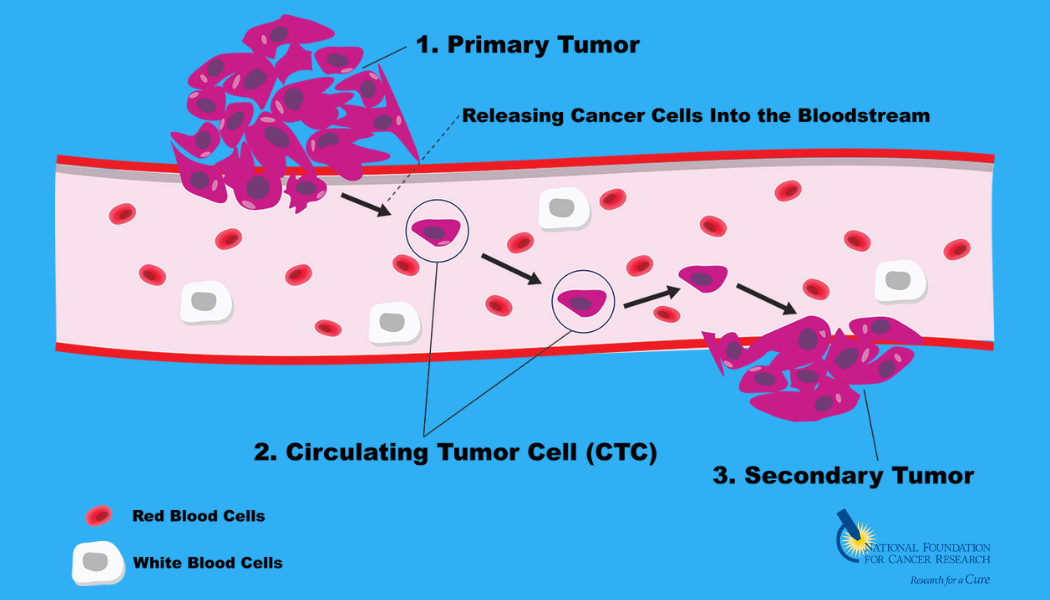Credentials
Assistant Professor of Medicine
Dana-Farber Cancer Institute
Harvard Medical School
Research Projects
Prostate cancer is the second leading cause of cancer death for men in the United States. While most treatment resistant prostate cancers are driven by androgen receptor (AR) signaling, resistance patterns are evolving, and non-AR-driven prostate cancers have risen in incidence. Now representing up to 15-20% of advanced disease, non-AR-driven prostate cancer is associated with highly aggressive disease and pathologic transformation to neuroendocrine prostate cancer (NEPC). NEPC is often underdiagnosed since the current diagnosis is reliant on metastatic tumor biopsy. The expanded capability of the advanced cancer cell detection technology will allow Dr. Himisha Beltran, in collaboration with Dr. Srinivas Viswanathan, to detect and track gene expression patterns associated with AR and non-AR pathway using circulating tumor cells in patients’ blood samples.
The development of a non-invasive approach to detect prostate cancer resistance subtypes including NEPC would lead to more precise and effective treatment strategies.
Background
Dr. Beltran is a physician scientist focused on prostate cancer research and she is the Director of Translational Research in the Department of Medical Oncology at the Dana Farber Cancer Institute. Dr. Beltran and her laboratory are focused on understanding mechanisms of treatment resistance in advanced prostate cancer. In particular, they have developed therapeutic targets and biomarkers for non-androgen receptor driven prostate cancer including neuroendocrine prostate cancer (NEPC), an aggressive subtype of castration resistant prostate cancer. Dr. Beltran has led the molecular characterization of NEPC and has developed patient derived models to understand the mechanisms underlying AR independent prostate cancer, the pathogenesis of NEPC, and to develop new therapeutic targets. Dr. Beltran has also developed novel molecular biomarkers to detect NEPC and other emerging resistance subtypes of castration resistant prostate cancer that she will apply to the current platform.
Accelerate innovative research like this and help save cancer patient lives.

The National Foundation for Cancer Research wishes to thank the Sorenson Legacy Foundation for its generous support to expand on this critical research initiative.
This joint partnership enables us to increase vital circulating tumor cells research that will benefit even more patients across cancer types.














